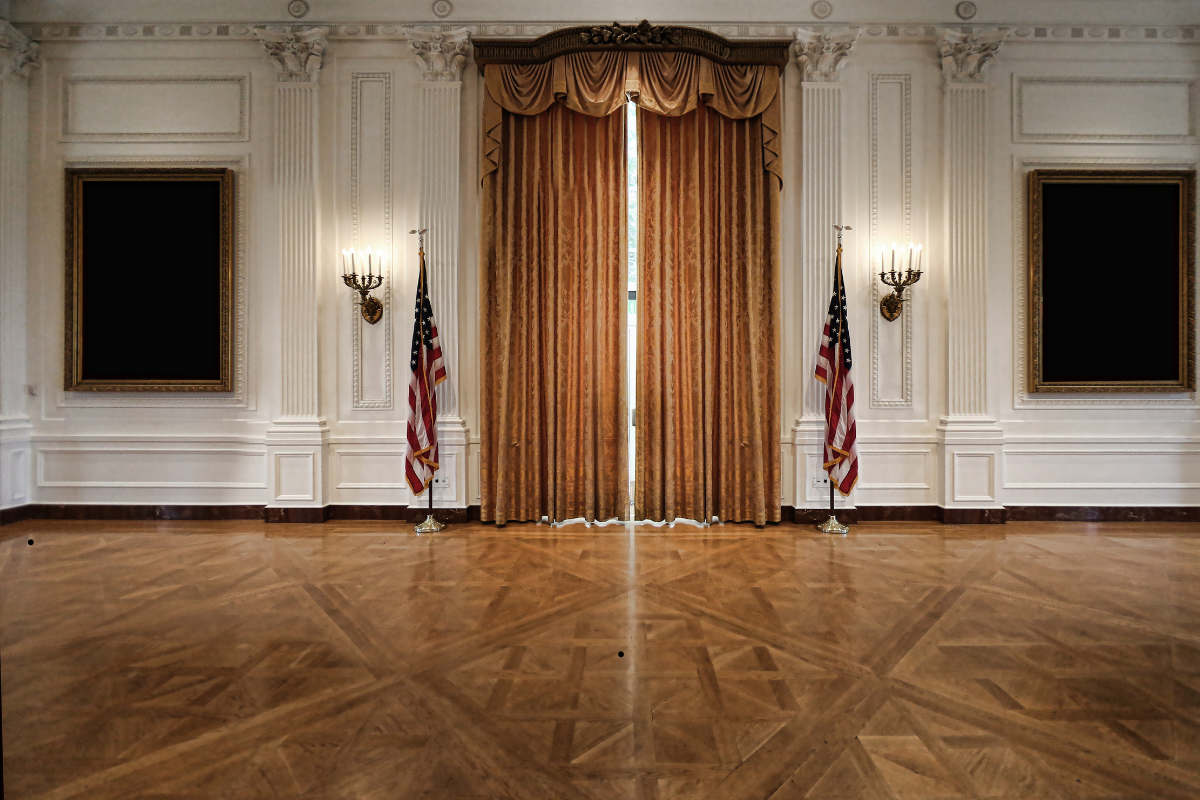How Many Is Too Many?
Our Heritage series typically focuses on American writers, but every now and then I am reminded of something from the non-American past that I think interesting. This happened to me this weekend as I was re-reading parts of Aristotle’s Politics, and I happened upon the section where he asks a very simple question, and one that we don’t really bother asking much anymore: what is the proper size of a political community? In his dialogue Laws, Plato fixes the number at a very specific 5040 (the factorial of 7: 7! = 7 x 6 x 5 x 4 x 3 x 2 x 1 = 5040) and elsewhere in his writing Aristotle says (I’m paraphrasing) “Not more than the number of people you can know by name.” He also says at one point that 10,000 sounds about right (not coincidentally, about the size of the Athens of his time).
But they were thinking of the size of a political community in terms of a city, which seemed to them to be the only kind of political community worth caring about. The alternative to the city was the empire, whose fundamental premise is the acquisition of power and wealth. Both writers disparaged this form of politics. Aristotle argued that a city should be large enough to staff the tasks that cover the material and social needs of the citizens, but no larger. “To the size of states there is a limit, as there are to other things, plants, animals, implements… .” A state that has too few people lacks self-sufficiency while one that has too many “is incapable of constitutional government,” because it is unruly and incapable of unity.
In Federalist #1, Hamilton called America “the most interesting empire the world has yet known,” and the word might strike the modern ear as badly chosen. Contemporary Americans are for the most part more uncomfortable with the word “empire” than were some of their more ambitious forebears, even though the word more nearly fits our moment than theirs. In any case, Hamilton’s use of the word certainly set off critics of the Constitution who, unlike Hamilton, studiously attended to the ancient question of how large a political community can be before it necessarily bankrupts itself and fractures.
Our own age finds us deeply concerned about the economy, about political divisions, about our leaders (Aristotle presciently observed “if the citizens of a state are to judge and to distribute offices according to merit, then they must know each other’s characters,” and he meant this in an immediate sense that we have personal knowledge of the other, and not mediated knowledge that has been carefully prepared and packaged and presented indirectly), but we seldom ask if these are necessary consequences of having become too big. Whether a nation of 330 million persons can be a Constitutional republic at all is, from a political science point of view, an interesting question.
Aristotle’s observation raises another important point. There are three main ways you can change the structure of a political community (I’m not referring to cultural changes): change its population, change its territory, and change its fundamental law. The Constitution pays plenty of attention to the third element, especially as regards the amendment process, and the framers of the Constitution didn’t envision the Supreme Court (“the least dangerous branch,” according to Hamilton) as being a device for changing that law. But they didn’t give much thought to the first two. Article I, section 8 allows for the Congress “to establish an uniform rule of naturalization,” but that’s it as far as changing the population goes. Perhaps more tellingly, very little thought was given to territorial expansion, leaving it up to a simple majority vote in Congress. One can’t help but wonder how a lot of the political turmoil of the antebellum period might have turned out differently had the Constitution required a supermajority, as it did for legal amendments.
Discussion Questions:
In Aristotle’s world there was only city or empire as forms of political community, but our world has introduced another important one: the nation. What principle does it operate under, and how big can it get to be before it’s too unwieldy?
Is America too big, and does contemporary secessionist talk respond to that problem, or is it about something else?
Why do you suppose the framers of the Constitution gave such little thought to population and territorial expansion?
Is bigger always better?
Director of the Ford Leadership Forum, Gerald R. Ford Presidential Foundation
Related Essays




